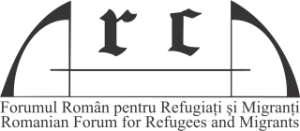integrare
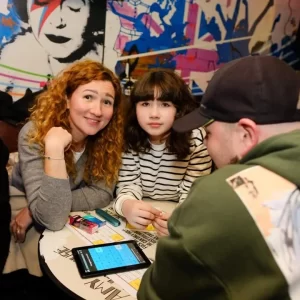
Interview – Insights on integration in Romania
Interview – Insights on integration in Romania Please tell us a little bit about yourself Anastasiia My name is Anastasiia. I’m from Odessa, Ukraine. I’m 38, married with a child. I like to travel and have visited a lot of interesting places. Like to watch people and learn new cultures. Worked at the Medical University […]
Află mai mult
Survey to find out the needs of migrants
Survey on what people fleeing conflict need in Romania In April and July, ARCA launched a survey in which it asked questions to discover the vision and experience of humanitarian migrants regarding accessing essential services in Romania. The questions were designed to find out more about the need of people fleeing Ukraine for food, shelter, […]
Află mai mult
Necessary steps in integration
NECESSARY STEPS IN INTEGRATION Brief overview of good practices on post-pandemic education and employment for humanitarian migrants to facilitate integration Once arrived in a new country, either forcefully or voluntarily, any human being needs to go through the process of integration. While the new society would make their services available to progressively assimilate them. Learning […]
Află mai mult
La pas prin București
La pas prin București Activități cultural educaționale pentru mame și copii ucraineni. Peste 150 de persoane refugiate au participat prin inițiativa “La pas prin București” la activități. Acestea au venit în completarea educației tradiționale, desfășurându-se în săptămâna 27-31 martie 2023. Pentru o mai bună integrare în societate am ales o sapatamană în […]
Află mai mult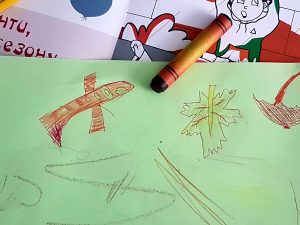
Trăim Individual Dar Împreună Conviețuim
Trăim separat dar împreună conviețuim Trăim separat dar împreună conviețuim. Astăzi pornim o nouă etapă împreună, poate una dintre cele mai importante, cea a învățării. De la “bună” la “mulțumesc”, vom reuși să comunicăm cu bucurie căci “cuvintele sunt vocea inimii”(Confucius). Mamele din Ucraina, de astăzi, vor avea la dispoziție un […]
Află mai mult
Ziua Educației Mondiale
Ziua Mondială a Educației la Arca În fiecare zi întâlnim conceptul ” EDUCAȚIE “, cu înțelesul său profund și complex. Pentru fiecare dintre noi poate însemna ceva diferit, dar toți știm ce rol important joacă în dezvoltarea personală și socială. Acest proces gradual cântărește atât de mult în viețile noastre, poate […]
Află mai mult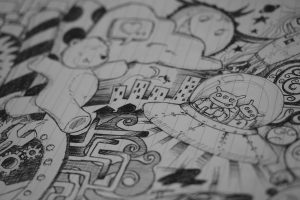
Benzi desenate pentru egalitate
Benzi desenate pentru egalitate Finațat de Uniunea Europeană – Programul de drepturi fundamentae și cetățenie- noiembrie 2012 Beneficiar Africa e Mediterraneo (Italia) Parteneri Mondo (Estonia), Fundatia Workshop for Civic Initiatives (Bulgaria), ARCA – Forumul Roman pentru Refugiati si Migranti (Romania) si Grafiskie stasti (Letonia) Proiectul ComiX4= Benzi desenate pentru egalitate se bazeaza pe […]
Află mai mult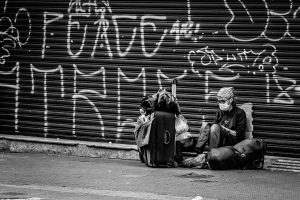
The rights of migrants with regulated residence in Central Europe
The rights of migrants with regulated residence in Central Europe Principal Applicant Association for Legal Intervention (SIP) – Poland Partners ARCA – Romanian Forum for Refugees and Migrants, Association for Integration and Migration (Czech Republic), Menedék – Hungarian Association for Migrants (Hungary), The Human Rights League (Slovakia) Implementation period 2012 – 2015 Sponsors EPIM – […]
Află mai mult
